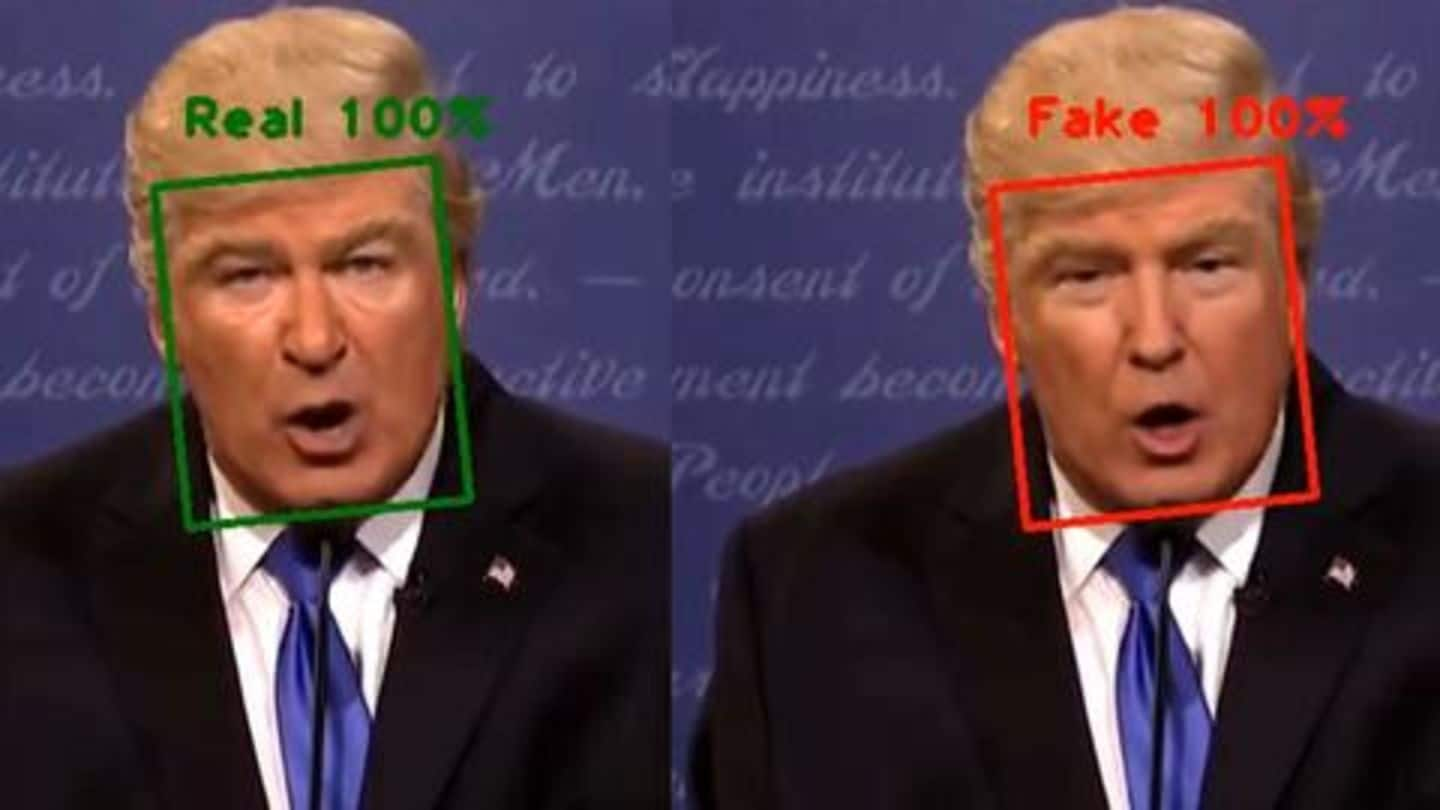
Now, it is illegal to publish AI-created deepfakes in China
What's the story
In a major move, China has launched a crackdown on deepfakes created with the help of artificial intelligence (AI). The country's government has announced that any party creating or sharing a deepfake audio/video without indicating that the post in question has been generated with AI would be held liable for prosecution i.e., facing criminal charges. Here's all you need to know about it.
Information
First, let's tell you about deepfakes
Created with AI, deepfakes feature the face of one person in another one's video, but this isn't anything like regular photoshopped content. They are so realistic that you won't be able to tell that the person in a clip isn't who you think he/she is.
Policy
Policy to ban the spread of fake, misleading videos
Just recently, the Cyberspace Administration of China (CAC) released a government policy declaring the publishing of deepfakes without proper disclosure as a criminal offense. The ban is set to go into effect starting from January 2020 and will restrict both Chinese content providers and consumers from distributing false or misleading information, created with modern tech like deep learning or VR, on the web.
Details
Even parody deepfakes without labels would be considered illegal
Under this rule, publishing any kind of deepfake, even if it's a parody, without proper labeling would be illegal. CAC says, "With the adoption of new technologies, such as deepfake, in online video and audio industries, there have been risks in using such content to disrupt social order and violate people's interests, creating political risks and bringing a negative impact to national security."
Punishment
No word on the punishment of offenders
While the rule bans the creation/distribution of unlabelled deepfakes, it is not exactly clear what would be the punishment for those ignoring this regulation. The notice issued by the Chinese government to websites only says that offending parties, whether users or content hosting service, are expected to police their respective platforms, and would be liable to face criminal charges.
Concerns
Concerns over deepfakes have grown significantly
China's action comes as people continue to raise alarms over the risk of deepfakes. The videos make a good tool for mockery and can show famous people, including celebrities and politicians, doing or saying funny/weird stuff, things they wouldn't do in the real world. However, if the tech is misused, the same people can be shown in poor light, which can mislead the public.